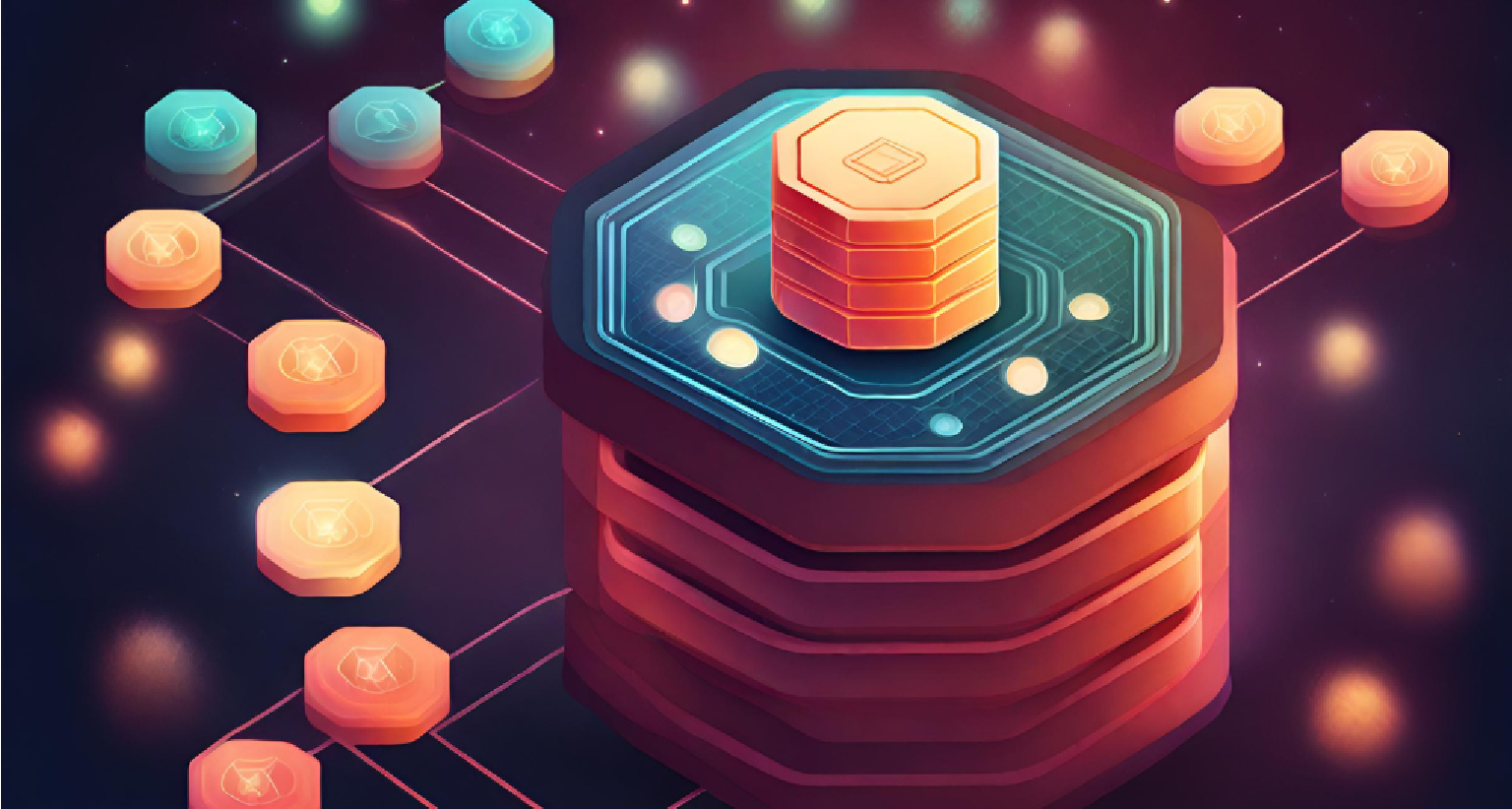If you’re a Laravel developer, you know how important database seeding is for quick setup of initial data during testing and development. But, managing seed data can be tricky, especially when updating individual tables without affecting the entire database. That’s where the iSeed package comes in – it simplifies the process by automating the generation of seeder files for individual tables.
Recently, we worked on a client project that involved developing a system to store crucial data about users, including user profiles, authentication credentials, and permissions. However, during development, we faced a challenge of modifying the structure of the user data table while safeguarding all existing user data.
We knew we couldn’t delete any user data, as it was valuable information that was crucial for the operation of the system. Therefore, we had to come up with a strategy to update the table structure and maintain the integrity of the existing user data.
Let me introduce you to iSeed, the coolest Laravel package out there! It’s designed to make the database seeding process super easy for developers. With iSeed, you can work with existing data without any hassle. It creates seeder files for specific tables on the fly, so you don’t have to worry about creating them manually.
Installation Process:
To get started, install the iSeed package using the following Composer command:composer require orangehill/iseed
Once installed, you can use the following command to generate a seeder file for a specific table:php artisan iseed table_name
Replace table_name with the name of the table you want to create a seeder for.
Handling Multiple Tables:
iSeed also supports generating seeders for multiple tables in one go. Simply provide a comma-separated list of table names:php artisan iseed table1, table2, table3
This is particularly useful when dealing with multiple tables.
For more details and updates, refer to the iSeed GitHub repository.
The best part about iSeed is that it doesn’t affect your existing data. You can modify the table structure, add new fields or make any necessary changes without losing any of your valuable client information stored in the user panel. So, go ahead and give iSeed a try, and I’m sure you’ll love it!
In conclusion, iSeed is a must-have tool for Laravel developers looking to supercharge their database seeding process. It automates the creation of seeder files for specific tables, bringing unparalleled flexibility, efficiency, and data integrity to the forefront. This package not only simplifies the management of seed data but also elevates the overall development experience.
Hope you find this helpful!





